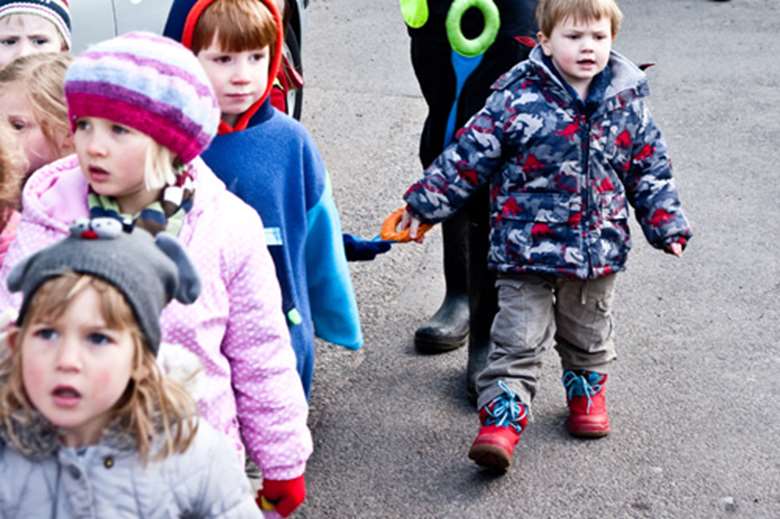Early years heavyweights back campaign against baseline tests
Laura McCardle
Monday, January 26, 2015
Several influential early years figures are among more than 2,000 people to sign a petition against plans to introduce new testing arrangements for children in reception classes.

From September this year, schools will be able to use new baseline assessments to test the knowledge and understanding of children as young as four in school reception classes at the beginning of the academic year.
The tests will replace the use of the Early Years Foundation Stage Profile, which monitors children’s progress at the age of five, in schools from 2016 as part of government efforts to improve the way primary schools are held to account for pupils’ learning and development.
But the plans have been rejected by many in the sector and a petition, launched at the beginning of January, urging Education Secretary Nicky Morgan to rethink the move has so far attracted 2,086 signatures from early years experts, providers and parents.
The campaign, launched by Early Education, The British Association for Early Childhood in Education, warns that the arrangements could harm children’s development and that those who perform less well could be “stigmatised and labelled as failing” within weeks of starting school.
Among those to sign the petition are Neil Leitch, chief executive of the Pre-school Learning Alliance, Professor Cathy Nutbrown, head of the school of education at the University of Sheffield, and Penny Tassoni, president of the Professional Association for Childcare and Early Years.
Beatrice Merrick, chief executive of Early Education, hopes that their support will help to place the issue high on the political agenda ahead of the general election in May.
“We want to try to get it on the radar of the political parties now so that pre-election we see parties committing to reviewing this policy,” she said.
“We realise that it’s unlikely that we’re going to get a decision now to take it away but a new government could look at this and say ‘is this rational’?”
Explaining his reasons for signing the petition, Leitch said that he is “firmly opposed” to the idea of baseline assessments.
“Any assessments in the early years should be observational, with the aim of supporting children’s learning and development in the best way possible,” he added.
“This is not the case with the baseline assessment – the government has openly admitted that its primary goal is to provide a mechanism through which schools themselves can be ranked and compared.”
Nutbrown, author of the 2012 Nutbrown Review into early education, dismissed the testing arrangements as “deeply flawed”.
She said: “This is a deeply flawed process and not a reliable way to learn about young children’s learning and development.
“Assessment through ongoing observation and working with young children is the best way to support their learning.”
Meanwhile, Penny Tassoni, president of the Professional Association for Childcare and Early Years, described the assessment as “another nail in the coffin” for early childhood.
Merrick said the DfE is expected to announce a list of providers for the baseline assessment today.
A spokeswoman for the DfE said has defended the plans.
She said: "There is absolutely no suggestion of introducing the kind of formal testing in reception that is used with older children - that would be completely inappropriate.
"These assessments include simple tasks typical for children at the start of reception, such as counting and recognising letters, numbers and everyday objects.
"Most schools already do some form of assessment when children start in reception, so they already know what care and attention the child needs."




